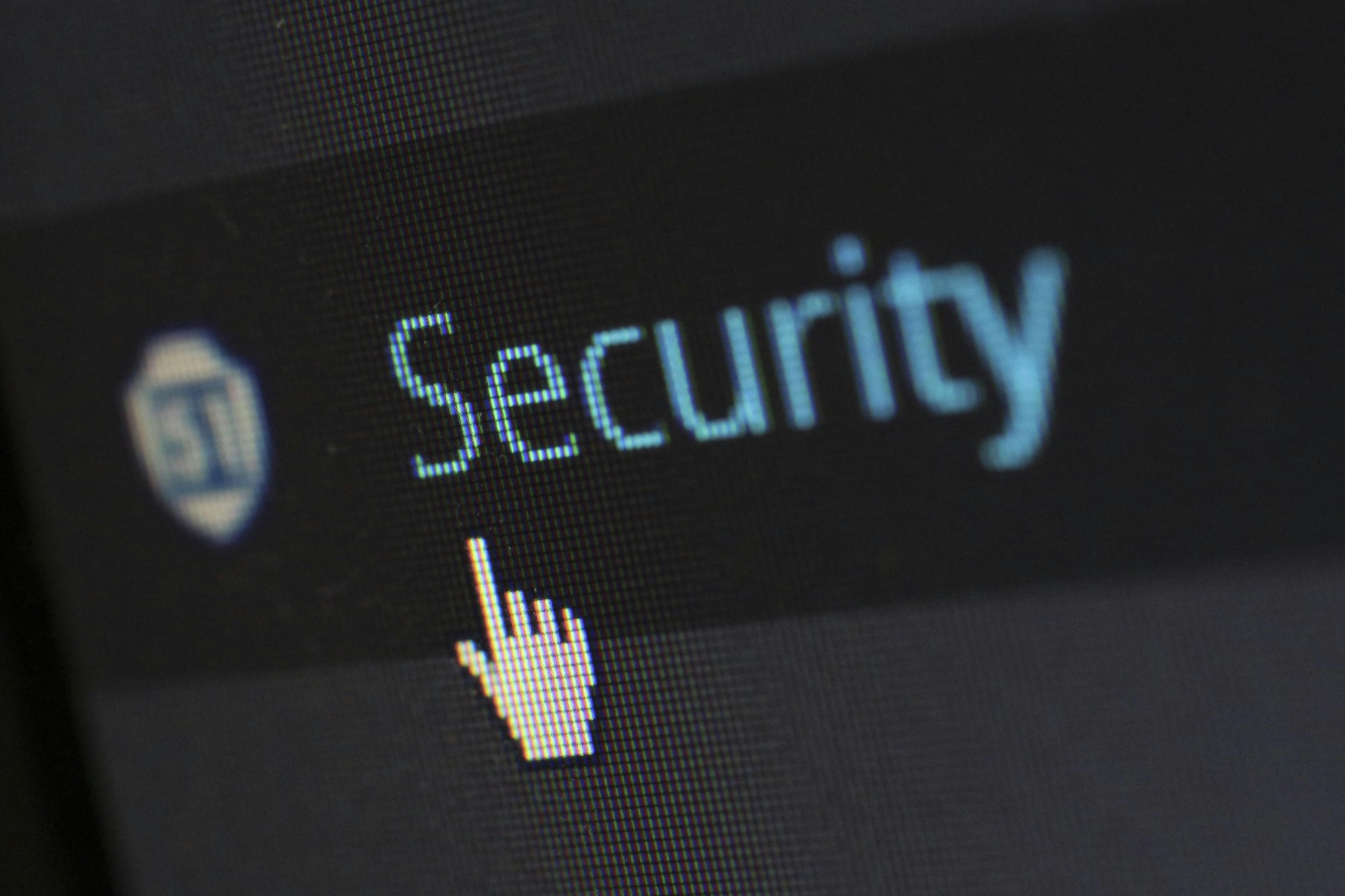Cybersecurity in the Public Sector: What Every Worker Needs to Know in 2025
 Kathryn Williams
·
2 minute read
Kathryn Williams
·
2 minute read
In today’s digital age, cyber threats don’t just target big corporations or tech giants - they’re hitting local councils, hospitals, schools and government agencies across the UK. As a public sector worker, whether you're behind a desk or on the front line, you are the first line of defence in protecting the services millions rely on.

Contents:
- Why Cybersecurity Matters More Than Ever
- The Most Common Threats We Face
- 7 Simple Steps You Can Take Right Now
- Your Role Matters
- Final Word
- Every Team Member Matters - Enquire About Training
Why Cybersecurity Matters More Than Ever
In 2025, cyber attacks on public services are becoming more frequent, more sophisticated, and more damaging. Ransomware attacks have shut down council services. NHS trusts have seen patient data held hostage. Even primary schools have been targets.
What’s at stake?
-
Personal data of citizens and colleagues
-
Trust in public services
-
Service continuity - especially critical ones like health, housing, and benefits
You don’t need to be a tech expert to make a big difference. Here's what you need to know.
🚨 The Most Common Threats We Face
-
Phishing Emails
-
Fake messages that try to trick you into clicking a link, opening an attachment, or entering your login details.
-
These can look like messages from IT, HR, or even a manager.
-
-
Weak Passwords
-
Using "123456" or "Password!" might feel easy, but it’s also easy for attackers to guess.
-
Reusing the same password across multiple systems is risky.
-
-
Lost or Stolen Devices
-
Phones, laptops, USBs—if they’re not protected, losing them could expose sensitive data.
-
-
Outdated Software
-
Not installing updates means your system might be missing critical security fixes.
-
-
Social Engineering
-
Someone pretending to be a contractor, support staff, or colleague to get access or information.
-
🔐 7 Simple Steps You Can Take Right Now
-
Think Before You Click
-
Pause and check before clicking on links or opening attachments, especially if something feels off.
-
Look at the sender’s email address carefully.
-
-
Use Strong, Unique Passwords
-
Use passphrases like “Sunshine92!MyJobIsGreat”.
-
Never share your passwords. Ever.
-
-
Enable Multi-Factor Authentication (MFA)
-
This adds an extra layer of protection even if your password is compromised.
-
-
Keep Devices Secure
-
Lock your screen when stepping away.
-
Don’t leave laptops or phones in public view.
-
-
Update, Update, Update
-
Always install updates as soon as you’re prompted. They often patch known vulnerabilities.
-
-
Report Suspicious Activity Immediately
-
If something feels wrong, tell your IT or security team. Even if you’re not sure.
-
Early reporting can stop an attack in its tracks.
-
-
Don’t Be Embarrassed
-
Cyber threats are designed to trick you - smart people fall for them. What matters is how quickly you act.
-
👥 Your Role Matters
Whether you work in admin, social care, IT, education, housing, or anywhere in between, cybersecurity is everyone’s job. Hackers don't just target systems; they target people. A moment of caution from you could prevent a crisis for your service, your community, and your colleagues.
✅ Final Word: Be Alert, Not Afraid
Cybersecurity might sound technical, but at its heart, it’s about common sense, awareness, and teamwork. By staying informed and alert, you can help keep our public services safe, resilient, and trusted.
Stay smart. Stay safe. You are the firewall.
🔐 Every Team Member Matters
One weak link is all it takes. Make sure your entire team is cyber-ready with our bespoke training tailored to your business. Protect your company before a mistake does.




